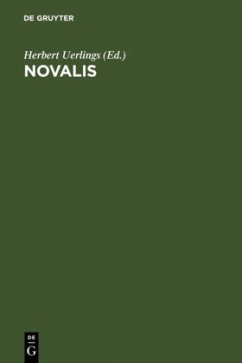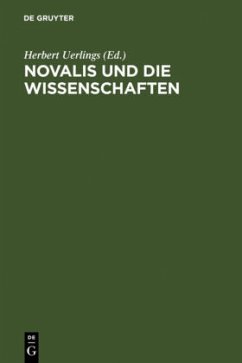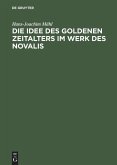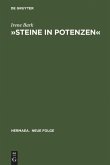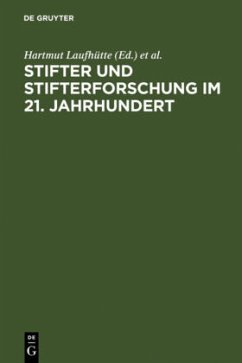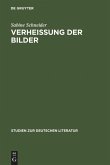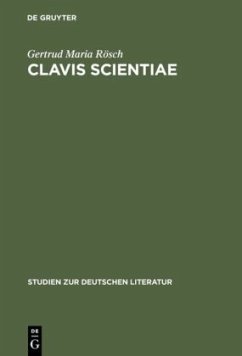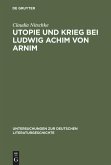The volume assembles the contributions to an international symposium on the occasion of the 200th anniversary of the death of Friedrich von Hardenberg (= Novalis, 1772-1801). An approach based on close study of imagination, poetics, anthropology, and Novalis' literary writings shows that his concerns were a product of the Enlightenment, and the solutions he outlined were also very much of the 1790s. But the essential role played by 'productive imagination' also points forward, to later modernism. Some of the perspectives it opens up include the rivalry between religion and art, an interpretation of evolution as a non-teleological 'feedback' between 'mind' and 'nature', self-invention of the ego in an 'intermediary space' (Winnicott), and an awareness of symbolizations in gender discourse. It also anticipates the foundations for cubist abstraction in the 20th century.
Der Band enthält die Beiträge einer internationalen Fachtagung anläßlich des 200. Todestages Friedrich von Hardenbergs (= Novalis, 1772-1801). Der Blick auf Einbildungskraft, Poetik, Anthropologie und die Dichtungen zeigt, daß die Problemstellungen Hardenbergs sich aus denen der Aufklärung ergeben und auch die Lösungsentwürfe in den Problemzusammenhang der neunziger Jahre gehören. Die zentrale Rolle der "produktiven Einbildungskraft" weist aber gleichzeitig in die spätere Moderne: Sie ermöglicht u.a. die Konkurrenz von Religion und Kunst, eine Interpretation der Evolution als nicht-teleologischer Rückkopplung von "Geist" und "Natur", eine Selbsterfindung des Ich im "intermediären Raum" (Winnicott) sowie ein Bewußtsein von Symbolisierungen im Geschlechterdiskurs und führt zu einer Antizipation der Begründung der kubistischen Abstraktion des 20. Jahrhunderts.
Der Band enthält die Beiträge einer internationalen Fachtagung anläßlich des 200. Todestages Friedrich von Hardenbergs (= Novalis, 1772-1801). Der Blick auf Einbildungskraft, Poetik, Anthropologie und die Dichtungen zeigt, daß die Problemstellungen Hardenbergs sich aus denen der Aufklärung ergeben und auch die Lösungsentwürfe in den Problemzusammenhang der neunziger Jahre gehören. Die zentrale Rolle der "produktiven Einbildungskraft" weist aber gleichzeitig in die spätere Moderne: Sie ermöglicht u.a. die Konkurrenz von Religion und Kunst, eine Interpretation der Evolution als nicht-teleologischer Rückkopplung von "Geist" und "Natur", eine Selbsterfindung des Ich im "intermediären Raum" (Winnicott) sowie ein Bewußtsein von Symbolisierungen im Geschlechterdiskurs und führt zu einer Antizipation der Begründung der kubistischen Abstraktion des 20. Jahrhunderts.

